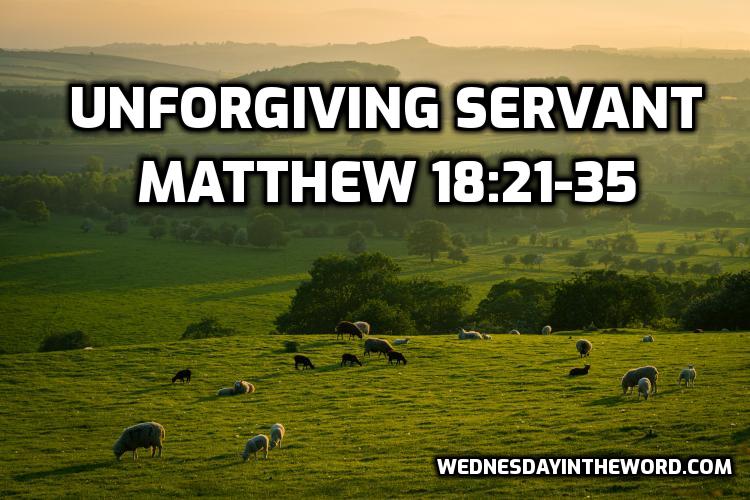
What is justification?
There are 2 consequences to our sin: 1) We experience death and futility. 2) Our rebellion is wrong and we now owe a debt to justice that must be paid. Justification is the payment of that debt.

There are 2 consequences to our sin: 1) We experience death and futility. 2) Our rebellion is wrong and we now owe a debt to justice that must be paid. Justification is the payment of that debt.

In Romans 13, Paul continues in his application of how we should live in light of the gospel. In this often-discussed and debated passage, he explains how to be good citizens: submission, fearlessness and conscience.

Twice Paul raises the question: “Did God reject His people?” Twice he answers: “By no means!” In Romans 11:1-15, Paul gives five reasons why it is evident that God has not forgotten His people, the Jews.

In Romans 10, Paul is answering the question of why some people who have little knowledge are saved while some who have much knowledge are not saved. He gave part of his answer in Romans 9. All of us are born lost, and God in His mercy and grace chooses to call some people to him. Paul continues his answer into chapter 10. Taking religion seriously is not the answer.

On what is the basis does God choose the elect? Paul’s answer is that God — as God — has a sovereign right to choose who receives mercy.

Romans 9-11 must be read as a unit that builds to a wonderful climax. It contains some of the most difficult material in the Bible.

Paul argues that because of the activity of the Spirit, we can have confidence that everything that happens to us is in our own best interests.

Paul argues that the Holy Spirit produces within believers grief over sin and eager hope for their inheritance.

When I was a new Christian, I told another believer that I was struggling with controlling my temper. She told me that I was not a genuine Christian because if I was, I wouldn’t sin. If she is right, not only was I not a Christian then — I still am not a Christian now. When you discover two very different interpretations of the Bible, how do you decide who’s right?

This parable could be titled the “Parable of the Compassionate Employer.” No one in this parable is underpaid. The complaint is from those who are justly paid and who cannot tolerate grace being given to others.

These two parables in Luke 18 (The Widow & the Unjust Judge and the Pharisee and the Tax-gatherer) deal with prayer. But the underlying theme is how we achieve justification.

The only solution to real guilt is real forgiveness. Forgiveness is a universal need of all humankind. Not only is forgiveness something we all need, forgiveness is also something we must give. But how?